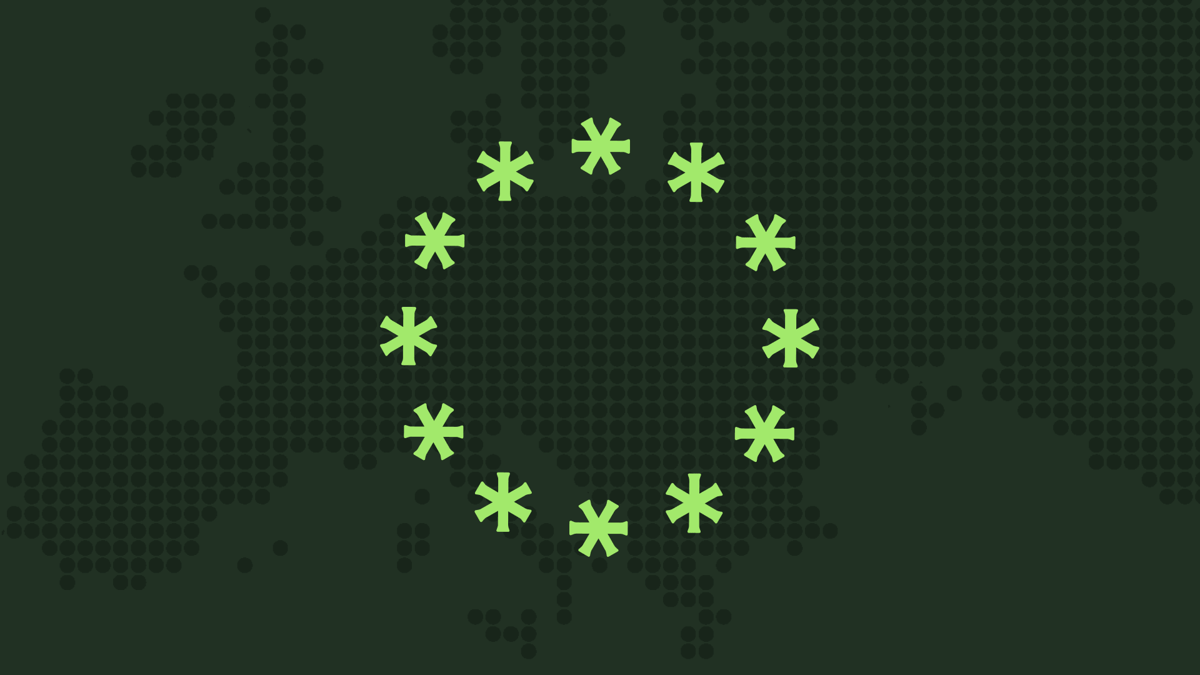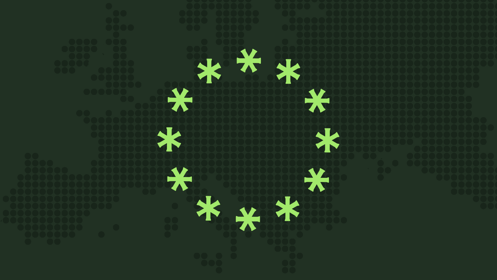
What is on the horizon for open finance in 2024?
2023 marked a significant step forward for open finance. Building on the already existing extensive policy framework, (including the GDPR, Data Governance Act, Digital Markets Act and the upcoming Data Act or even the revised Payment Service Directive (PSD2)), policymakers took the commitment to address the identified uncertainties and fill the remaining gaps. Key challenges included the lack of clarity on obligations regarding access to data, lack of data availability, lack of confidence from consumers, lack of incentives to digitalise finance and the unequal competition in the field.
What did 2023 look like?
European Institutions made considerable progress in shaping a framework that enables data-driven finance. This covers all relevant financial services. The European Commission adopted its proposal for a Financial Data Access Regulation (FIDA), having previously appointed a dedicated expert group on European financial data space to work on this issue through a dedicated subgroup on open finance.
The objective of the proposal is to properly launch the journey towards empowering both consumers and the industry. The substance for this vision is for consumers to have better control over their financial data as well as to benefit from products and services that are tailored to their individual needs. By having broad and inclusive provisions, the FIDA proposal is truly promising in unlocking innovation in the financial sector.
The European Parliament moved in the same direction, also publishing its draft report on FIDA. It maintained the innovative spirit of the Commission’s proposal, keeping broad and inclusive scope and aiming to refine FIDA's provisions for greater customer confidence, innovation, and interoperability.
What comes next?
Reflecting on the enormous legislative progress of 2023, we can only expect that 2024 will be a game changer for open finance. And indeed: the open finance framework lies among the EU legislative priorities for 2023-2024, as shown in the Joint Declaration signed by the three main institutions.
What does this mean?
- An innovative legislative text
In the upcoming months, we anticipate the Parliament and the Council to make progress with their respective positions, and shape the final text of FIDA. With the voting procedures going on, open finance is well set to be trendy in the European Parliament.
Building on the work already done, policymakers are now expected to give a notable emphasis on creating a regulatory framework that promotes open and secure access to financial data, likely to encourage innovation and competition within the financial industry.
- The industry is getting ready
As the legislative field on open finance is dynamically shaped, the eagerness among stakeholders intensifies. The motivation is fueled by a growing interest in understanding their roles in and influence on the Financial Data Access Framework.
Having a clearer legal environment will allow all stakeholders to initiate their strategic planning, contemplating potential investments in the sector. The evolving legal text, and the eventual legal clarity, will not only create a better understanding of the new framework, but also create excitement about the innovative possibilities and collaborations that lie ahead. The discussions around specific areas of the open finance framework such as the Financial Data Schemes are expected to be highly intense among the relevant actors.
- A major interest by the consumers
The great visibility of FIDA will captivate the interest of consumers on a widespread scale. As awareness spreads, consumers will come to realize the substantial benefits that this innovative framework (FIDA) offers them. This will heighten their interest in diving deeper into the operational details of this new framework and identifying the key stakeholders involved. But this will not be merely a passive interest; rather, it may mark the beginning of a proactive engagement where consumers, assisted by the industry, are actively educated to make informed decisions in adopting the advantages of this innovative framework.
Over the next few months, the extent of progress in shaping the final text of the Financial Data Access Regulation (FIDA), as well as the impact of the upcoming EU elections on the open finance framework are eagerly anticipated. Certain is that open finance will retain its prominent position on the EU agenda.
If you're curious to know more, just reach out, we're happy to share our latest insights.

